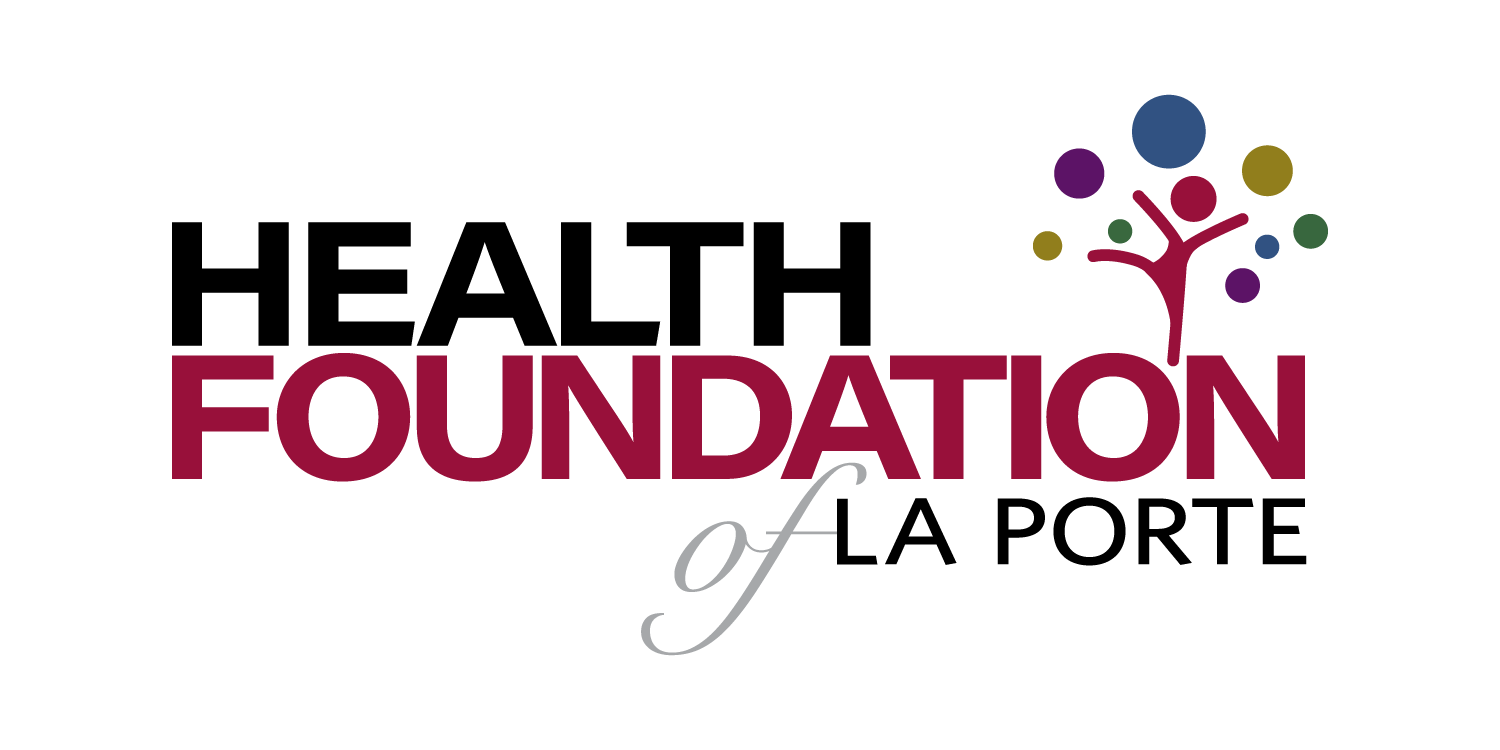Promising Practices
The Promising Practices database informs professionals and community members about documented approaches to improving community health and quality of life.
The ultimate goal is to support the systematic adoption, implementation, and evaluation of successful programs, practices, and policy changes. The database provides carefully reviewed, documented, and ranked practices that range from good ideas to evidence-based practices.
Learn more about the ranking methodology.
Note: This practice has been Archived.
Filed under Evidence-Based Practice, Health / Adolescent Health, Teens
Goal: The goal of the program was to reduce the risk for pregnancy or sexually transmitted disease by one or more of the following behaviors: a delay in initiating sexual intercourse; a reduction in the number of sexual partners and acts of intercourse; or an increase in contraception use.
Note: This practice has been Archived.
Filed under Evidence-Based Practice, Health / Children's Health, Children, Urban
Goal: The goal of this promising practice was to reduce television, videotape, and video game use.
Note: This practice has been Archived.
Filed under Evidence-Based Practice, Community / Public Safety, Adults
Goal: The goal of this program is to increase seat belt use through interactive road signs and law enforcement.
Note: This practice has been Archived.
Filed under Evidence-Based Practice, Education / School Environment, Teens
Goal: The goals of this program are to decrease student anonymity, to increase student accountability, and to enhance students' abilities to learn school rules and exceptions.
Note: This practice has been Archived.
Filed under Evidence-Based Practice, Health / Cancer, Children, Families
Goal: To encourage and increase safe sun behaviors in children and adults by limiting their exposure to ultraviolet rays through the use of sunscreen and hat wear.
Note: This practice has been Archived.
Filed under Evidence-Based Practice, Education / Student Performance K-12, Children, Racial/Ethnic Minorities
Goal: Teach Baltimore sought to prevent summer learning loss and promote academic achievement among early elementary school students.
Note: This practice has been Archived.
Filed under Evidence-Based Practice, Health / Maternal, Fetal & Infant Health, Teens, Women
Goal: The goal of the program was to reduce Fetal Alcohol Syndrome (FAS) and encourage zero alcohol use by pregnant women through educational and social marketing techniques for select target groups.
Impact: The NineZero program increased knowledge regarding FAS, and also showed that an approach with more emphasis on health education principles that have been shown to be effective in changing other substance use behaviors would have a more successful effect on attitudes, beliefs, and intentions.
Note: This practice has been Archived.
Filed under Evidence-Based Practice, Health / Physical Activity, Children, Teens
Goal: To increase and maintain physical activity among tweens (youth ages 9-13).
Note: This practice has been Archived.
Filed under Evidence-Based Practice, Health / Physical Activity
Goal: To reduce employee risk of developing chronic health conditions and to contain rising health care costs by establishing worksite wellness programs throughout state government.
Note: This practice has been Archived.
Filed under Evidence-Based Practice, Health / Adolescent Health, Teens, Racial/Ethnic Minorities, Urban
Goal: The goal of YAPP was to increase awareness of risky sexual behaviors and to reduce the risk of HIV and STD infection associated with such behaviors.

